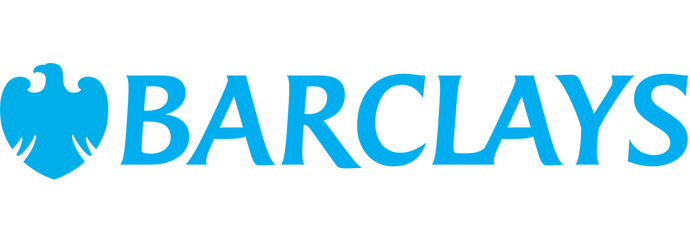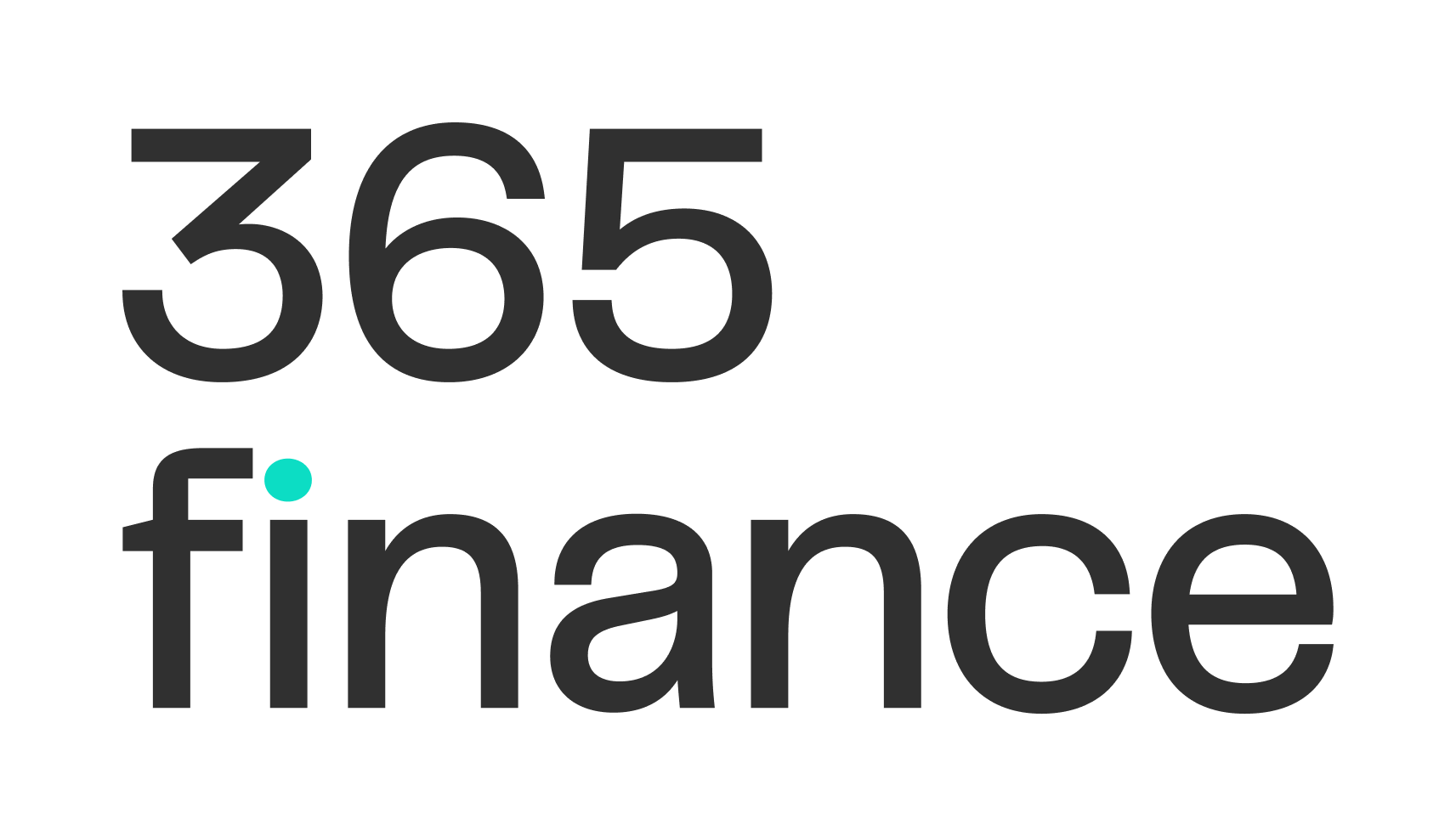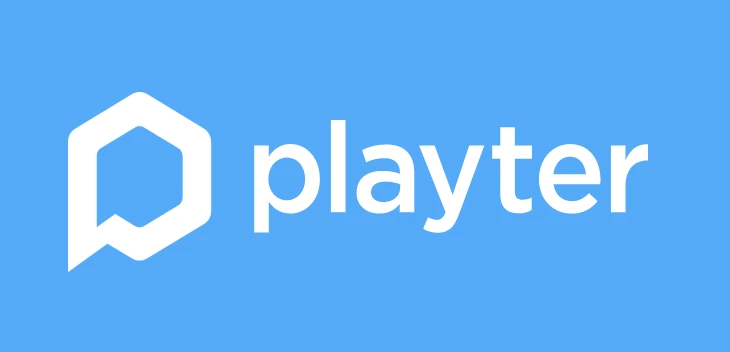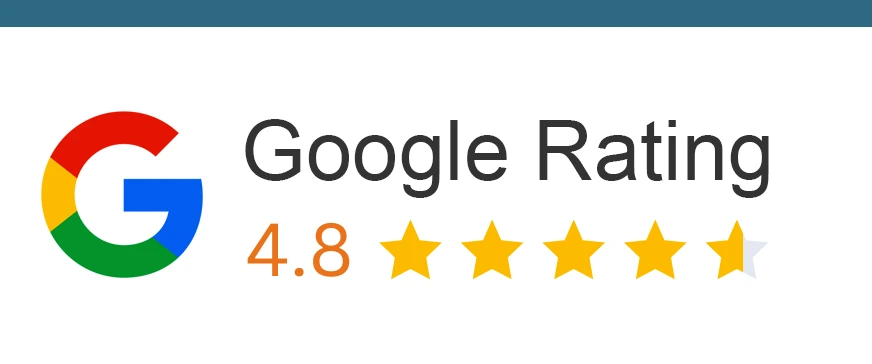While HP Car Finance offer certain benefits, they also carry significant risks and disadvantages that must be carefully considered. FCA regulations require equal prominence to be given to risks and benefits, ensuring consumers can make fully informed decisions about their financial commitments.
Risk of Vehicle Repossession
The most serious risk associated with HP agreements is the potential for vehicle repossession if payments are not maintained. As the finance company retains legal ownership throughout the agreement term, they have the right to recover the vehicle if the borrower defaults on payments. Repossession can occur relatively quickly after payment problems begin, potentially leaving the borrower without transport and still owing money if the vehicle’s value is insufficient to clear the outstanding debt.
The Consumer Credit Act 1974 provides some protection through the “one-third rule,” which requires court action for repossession once the borrower has paid one-third of the total amount payable. However, this protection is limited, and repossession remains a real risk throughout the agreement term. The impact of repossession extends beyond the immediate loss of the vehicle, as it will be recorded on credit files and can make future credit applications more difficult and expensive.
Lack of Ownership During Agreement Term
Until all payments are completed, the borrower does not own the vehicle and cannot sell, modify, or dispose of it without the finance company’s consent. This restriction can be problematic if circumstances change and the borrower needs to sell the vehicle to raise funds or reduce expenses. The lack of ownership also means the borrower cannot use the vehicle as security for other borrowing or benefit from any increase in its value.
The restriction on modifications can be particularly limiting for borrowers who wish to adapt the vehicle for specific needs or preferences. Any unauthorised modifications could constitute a breach of the agreement and potentially provide grounds for the finance company to terminate the contract and repossess the vehicle.
HP borrowers bear the full risk of vehicle depreciation throughout the agreement term. Cars typically lose value rapidly, particularly in the first few years, and by the time the HP agreement is completed, the vehicle’s value will usually be substantially less than the total amount paid. This depreciation risk means that HP can be an expensive way to acquire a vehicle, particularly if the borrower’s circumstances change and early termination becomes necessary.
The depreciation risk is compounded by the fact that HP agreements typically cover the full purchase price of the vehicle, meaning borrowers pay for the entire depreciation over the agreement term. This contrasts with PCP agreements, where borrowers only pay for the depreciation during their usage period.
Limited Flexibility and Early Exit Costs
HP agreements offer limited flexibility for borrowers whose circumstances change during the term. While the Consumer Credit Act 1974 provides a right to terminate under the “half rule,” this can be expensive if the borrower has not yet paid 50% of the total amount payable. Early settlement is possible but may not provide proportional interest savings due to front-loaded interest calculations.
The lack of flexibility can be problematic for borrowers who experience changes in income, family circumstances, or transport needs during the agreement term. Unlike some other forms of finance, HP agreements do not typically offer payment holidays or other flexibility options, meaning borrowers must maintain payments regardless of changing circumstances.
Higher Total Cost Compared to Cash Purchase
HP agreements typically result in a higher total cost than cash purchase due to interest charges and fees. The total amount payable under an HP agreement can be significantly higher than the vehicle’s cash price, particularly for longer-term agreements or those with higher interest rates. This additional cost must be weighed against the benefits of spreading payments over time and the opportunity cost of using available cash for other purposes.
The higher total cost is compounded by additional expenses such as insurance requirements, which may be more expensive for financed vehicles, and potential fees for services such as early settlement or payment protection insurance.
Credit Score Impact and Future Borrowing
While successful HP payments can improve credit scores, payment difficulties can have severe negative impacts on creditworthiness. Missed payments, defaults, and repossession will all be recorded on credit files and can make future borrowing more difficult and expensive. The impact can extend beyond vehicle finance to affect mortgage applications, credit cards, and other forms of borrowing.
The credit impact of HP agreements begins with the initial application, as credit checks can temporarily reduce credit scores. Multiple applications within short periods can have cumulative negative effects, making it important to research options thoroughly before applying.
Insurance and Maintenance Obligations
HP agreements typically require comprehensive insurance coverage throughout the term, which can be expensive, particularly for younger drivers or those with poor driving records. The borrower is also responsible for all maintenance and repair costs, which can be substantial, particularly for older vehicles or those with high mileage.
The insurance requirement means that borrowers cannot reduce costs by accepting higher excesses or reducing coverage levels, and the finance company may specify minimum coverage levels that exceed the borrower’s preferences. Maintenance obligations can also be onerous, particularly if the agreement specifies that servicing must be carried out by authorised dealers.






































